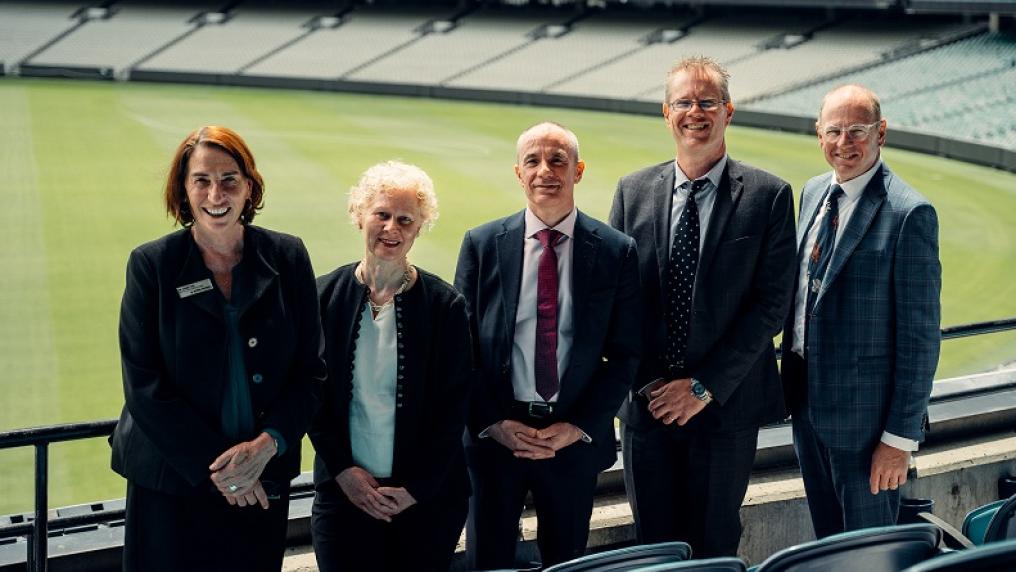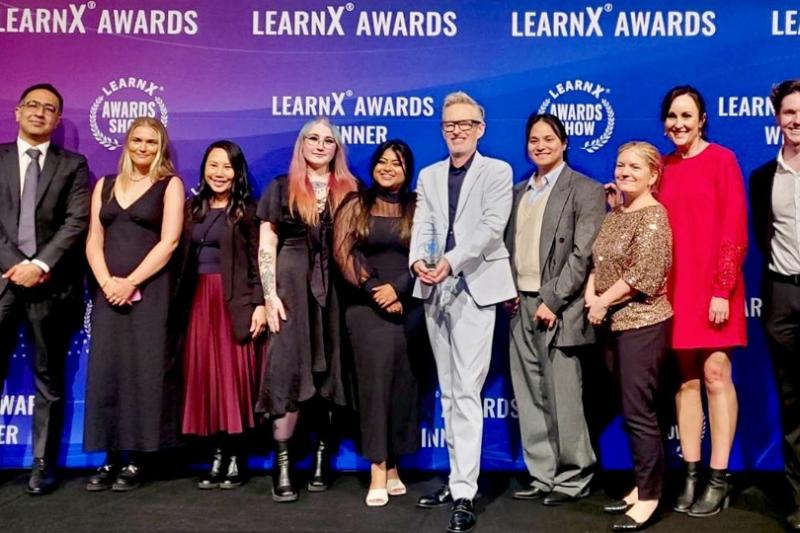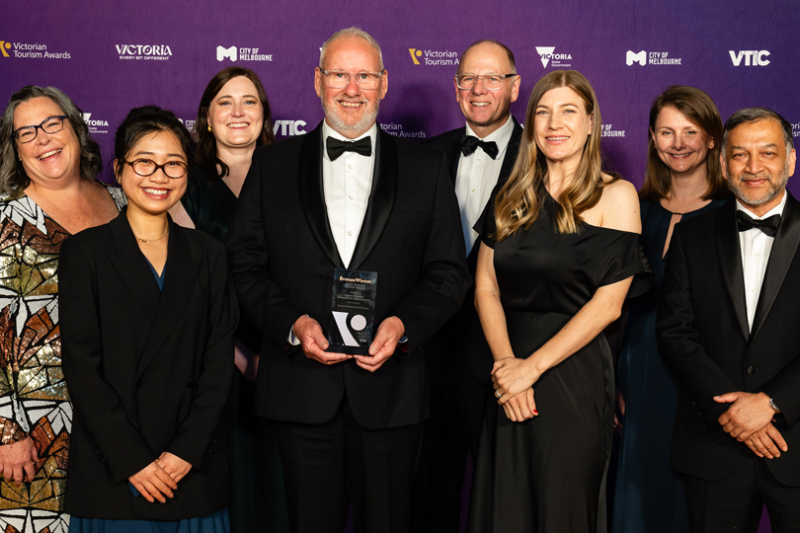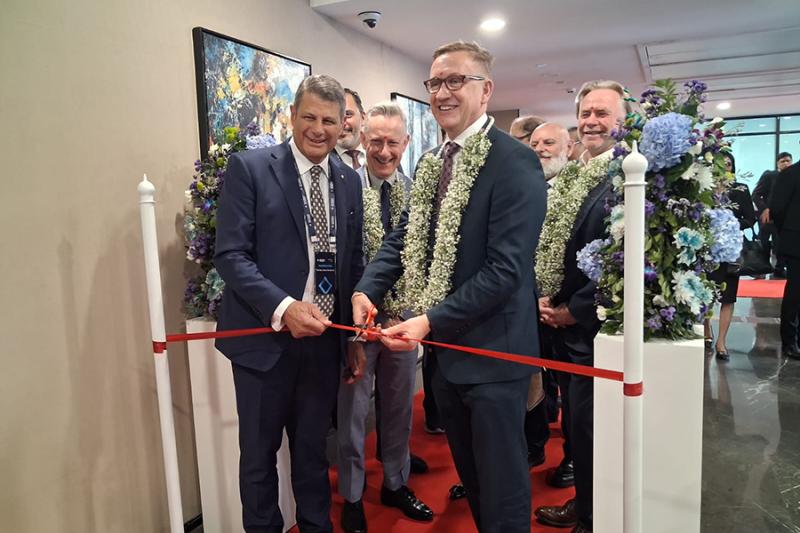In to bat: A masterclass on planning & running major events

With Victoria’s $27 billion visitor economy facing some of its toughest challenges ever, VU’s School for the Visitor Economy last Friday gathered industry officials, researchers and event planners for a ‘masterclass’ exploring major events as a catalyst for positive change.
The masterclass was set against the backdrop of the Women’s World Cup Cricket at the iconic Melbourne Cricket Ground. Presenters shared insights into what it takes to run a successful event; the social and economic value of major events; and opportunities for inclusion.
Speaker shares AFLW challenges
Keynote speaker Chyloe Kurdas, a former elite Australian Rules footballer, described how she spent nearly a decade helping build the country’s first-ever national women’s professional competition, the AFLW, as the AFL Victoria’s Female Football Development Manager.
She told how she helped guide the tsunami of girls wanting to play football into a formal organisation from the grassroots up – despite the rigid views of some decision-makers within the AFL who could not see the power or potential of a women’s league.
“The hardest part was challenging the existing culture and the metrics around measuring success to mean more than just winning."
Other presenters included:
- Professor Clare Hanlon, Susan Alberti Women in Sport Chair
- Associate Professor Martin Robertson, International Festival and Event Management, Edinburgh Napier University
- Kashif Bouns, General Manager, Western Bulldogs Community Foundation
- Marcia Endacott, ICC T20 World Cup 2020 General Manager, Strategy, Planning and Special Projects
- Richard Amon, CEO, Disability Sport and Recreation
- James Lolicato, Director and Founder of the Pride Cup
Legacy of major events examined
School for the Visitor Economy Director Dr Joanne Pyke said major events leave an impression on the places where they occur: building and environmental footprints, and impacts on the people living in the hosting city or town.
“Melbourne’s reputation as the ‘Events Capital’ has been a hard-earned success story, but one that cannot be taken for granted,” she said.
“The masterclass helped us consider what we need to look at to understand the risk profile of a major event, measure its success, and determine its on-going legacy.”
VU’s School for the Visitor Economy is a cross-university school that builds on VU’s long history of producing highly qualified tourism and destination management graduates, locally and internationally.



